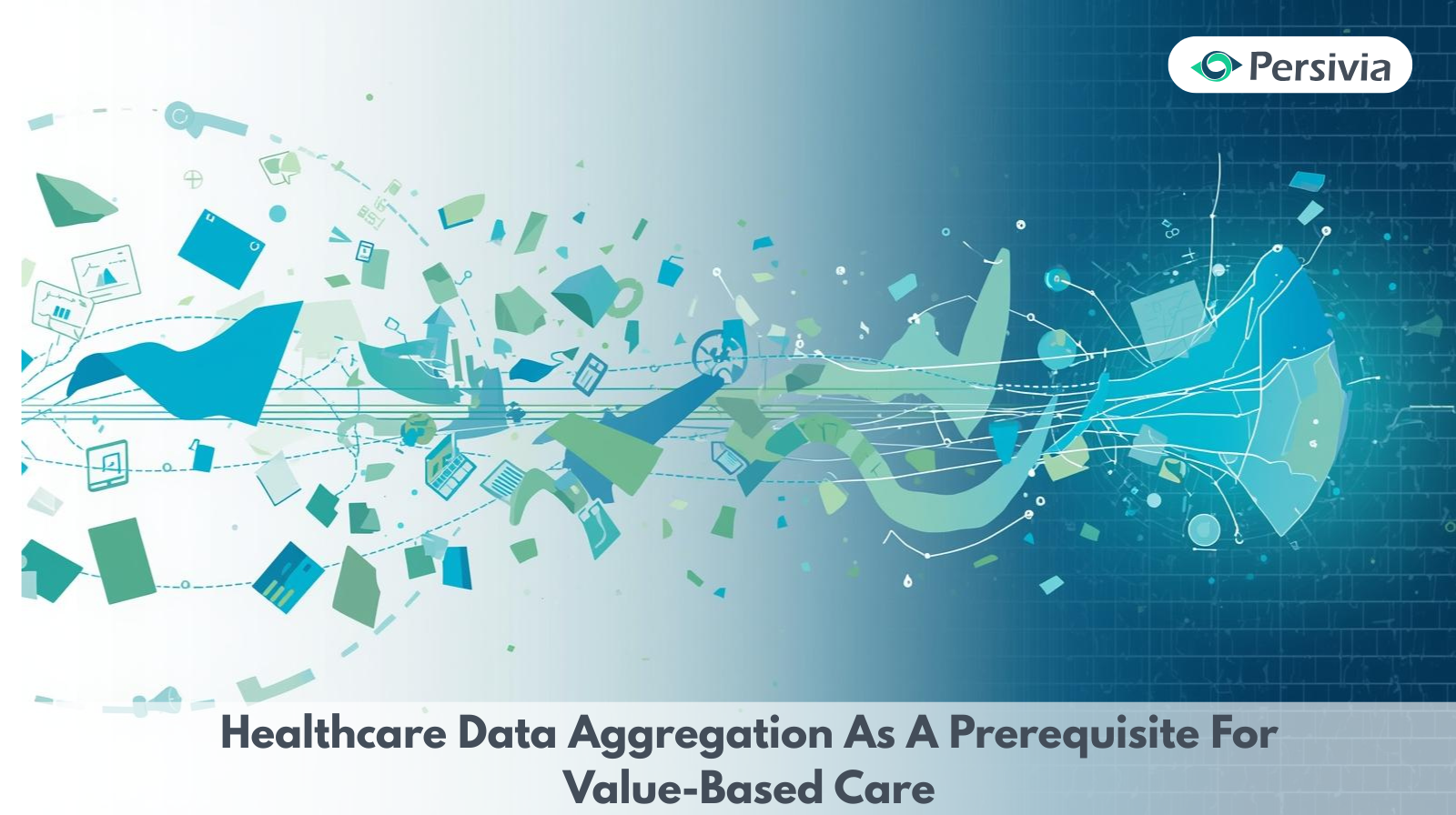In today’s business landscape, organizations face increasing pressure to meet global standards for environmental, social, and governance (ESG) performance. Investors, regulators, and consumers are all demanding more transparency, accountability, and action on sustainability issues. For companies seeking to remain competitive and credible in this evolving environment, adopting an advanced ESG reporting platform is not just beneficial—it’s essential.
The momentum behind ESG reporting has shifted from voluntary disclosure to a necessity driven by legal, financial, and reputational imperatives. Global frameworks such as the Global Reporting Initiative (GRI), the Task Force on Climate-related Financial Disclosures (TCFD), and the Sustainability Accounting Standards Board (SASB) have become benchmarks for best practices. Governments and financial institutions around the world are aligning their policies with these frameworks, making it increasingly difficult for companies to ignore them. In this context, an ESG reporting platform serves as the critical bridge between ambition and execution, allowing businesses to align with global expectations while improving internal performance.
One of the key strengths of a sophisticated ESG reporting platform lies in its ability to centralize and standardize disparate data. Modern enterprises operate across multiple geographies and sectors, each with its own regulatory requirements and stakeholder expectations. Without a streamlined mechanism for capturing and interpreting ESG data, organizations risk inconsistencies, inefficiencies, and even non-compliance. A robust platform enables data collection at the source, automating much of the reporting process and ensuring accuracy and traceability. This, in turn, enhances an organization’s ability to disclose relevant metrics that align with internationally recognized standards.
Moreover, a well-integrated ESG reporting platform provides dynamic dashboards and analytics tools that help leadership teams make informed decisions. The platform does more than facilitate compliance; it acts as a strategic asset, transforming ESG reporting from a reactive obligation into a proactive opportunity. Executives can identify performance gaps, assess risk exposure, and pinpoint areas for innovation. This level of insight is vital for adapting to shifting market demands, navigating regulatory complexities, and maintaining a competitive edge.
Transparency is another pillar of successful ESG integration. Companies that use an advanced ESG reporting platform can more confidently communicate their impact to investors, customers, and the public. Stakeholders no longer accept vague sustainability claims; they expect granular data, clear goals, and demonstrable progress. Platforms designed for ESG reporting provide detailed audit trails, customizable reporting outputs, and compatibility with third-party assurance standards. As a result, companies enhance their credibility and reduce the risk of accusations such as greenwashing or data manipulation.
Importantly, ESG performance is increasingly linked to financial outcomes. Institutional investors are integrating ESG factors into their investment criteria, and credit rating agencies are incorporating sustainability into their assessments. With capital increasingly flowing toward responsible businesses, an ESG reporting platform becomes a crucial tool for accessing investment and improving valuation. Companies that fail to provide robust ESG data risk being excluded from portfolios, while those that embrace transparency are more likely to attract capital and earn stakeholder trust.
Another notable benefit is operational efficiency. ESG reporting can be labor-intensive and complex, especially for large corporations with diverse activities. Manual processes are prone to error and consume valuable time. An advanced ESG reporting platform streamlines the process by automating repetitive tasks, enabling real-time data integration, and facilitating cross-department collaboration. This efficiency translates into cost savings and allows ESG teams to focus on strategy and improvement rather than administration.
Furthermore, regulatory landscapes are becoming more stringent. The European Union’s Corporate Sustainability Reporting Directive (CSRD) and similar mandates worldwide demand structured, comparable, and digital ESG disclosures. Non-compliance carries reputational risks, financial penalties, and legal consequences. By leveraging a dedicated ESG reporting platform, companies can stay ahead of these developments and ensure readiness for evolving disclosure requirements. The platform’s adaptability ensures that businesses can respond quickly to new regulations without overhauling their systems.
The role of technology in ESG is not static; it is evolving rapidly. Artificial intelligence, machine learning, and natural language processing are being integrated into leading ESG reporting platforms to further enhance accuracy, predictive capability, and insight. These innovations allow companies to anticipate ESG risks, simulate future scenarios, and align their strategies with long-term sustainability goals. Investing in a platform that evolves with technology ensures continued relevance and strategic advantage.
Equally critical is the cultural shift that accompanies ESG integration. A robust platform reinforces accountability by linking data to individuals and departments. This visibility fosters a culture of responsibility and engagement throughout the organization. When employees see how their actions influence ESG outcomes and how those outcomes are tracked and reported, they become more invested in sustainability initiatives. Thus, an ESG reporting platform becomes a driver of organizational change, embedding sustainability into the DNA of the company.
To successfully meet global standards, organizations must also look beyond compliance and consider ESG as a lever for innovation. Consumers are increasingly favoring brands that are ethically and environmentally conscious. By leveraging insights from a modern ESG reporting platform, businesses can identify consumer trends, develop greener products, and pursue circular business models. These opportunities not only fulfill ESG commitments but also open new revenue streams and markets.

In conclusion, achieving global ESG standards is a complex challenge that demands clarity, consistency, and commitment. A cutting-edge ESG reporting platform is indispensable for organizations striving to lead in this space. It consolidates fragmented data, ensures regulatory compliance, empowers strategic decision-making, and builds trust among stakeholders. More than a reporting tool, it is a catalyst for transformation—turning ESG from a checkbox exercise into a core component of business excellence. Companies that invest in these platforms today are not only preparing for tomorrow’s requirements—they are shaping the future of responsible enterprise.




